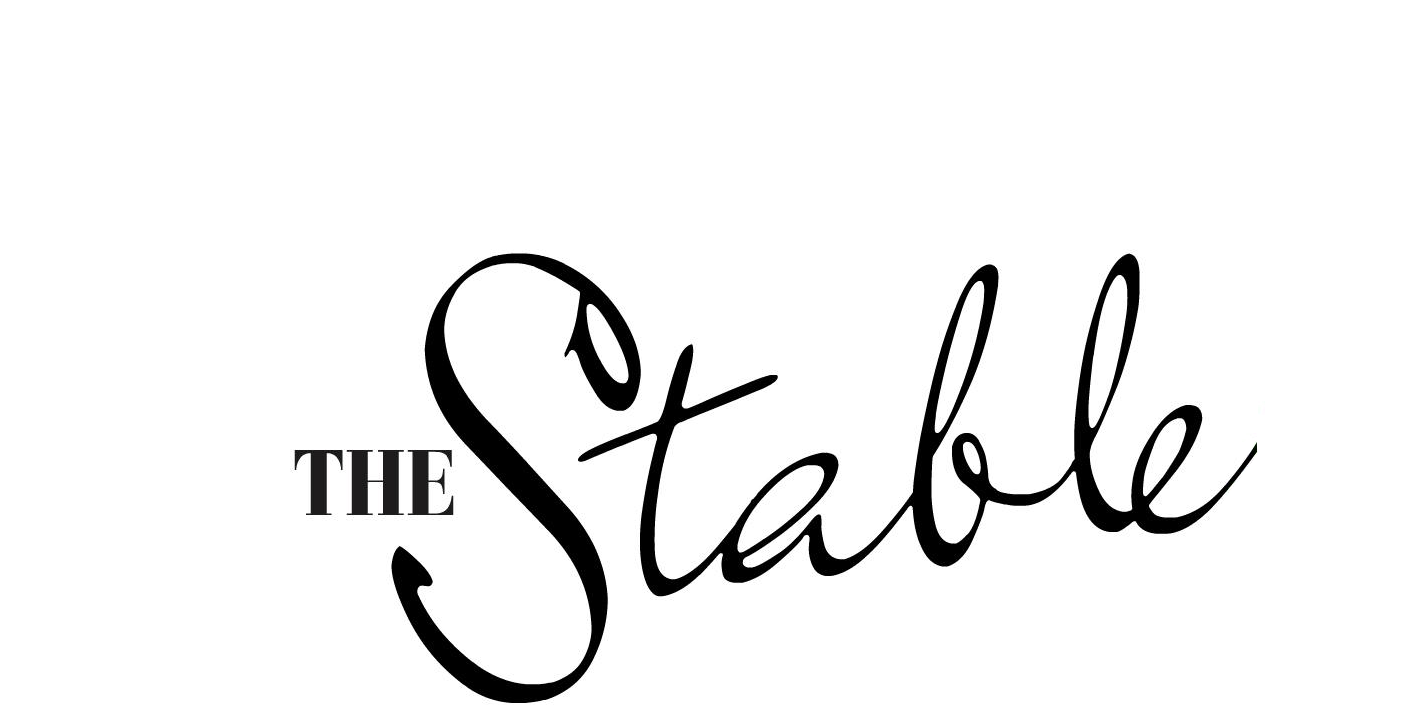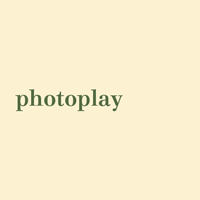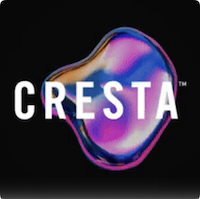78%* of women in MEA are still ashamed to talk about period products in public. 71%** of girls admit that they have felt embarrassed buying sanitary products. Making period products taboo does not help women in any way.
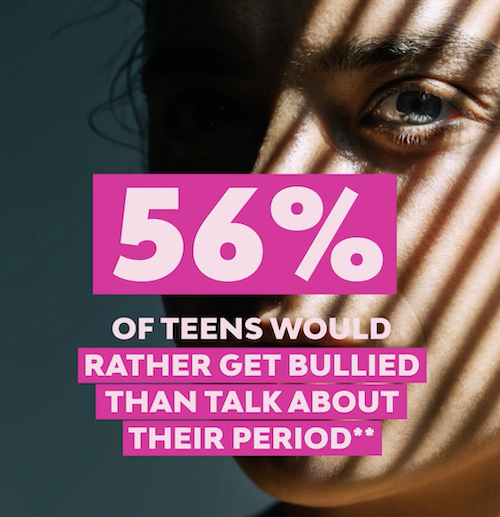
Saatchi & Saatchi Middle East and period product brand, Nana, decided to take on the taboo during Dubai Fashion Week in the boldest way possible. They featured transparent handbags in influencers’ Get Ready With Me for #FashionWeek videos, showing Nana products inside. Influential voices that represent the modern woman, such as Bessan Ismail, Ritu Pamnani, Narihan Azab were brought on board for the initiative that aims to reshape the narrative around menstrual health.
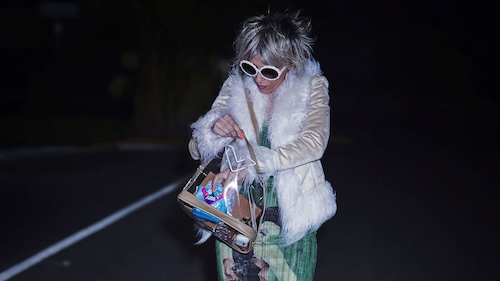
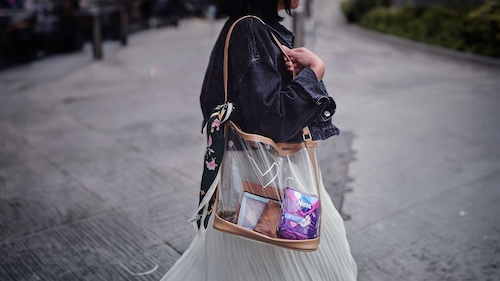
Their actions sparked a crucial conversation that went viral instantly, garnering almost 22 million views and over 23,000 comments online. In the middle of this buzz, the influencers unveiled the campaign’s true purpose – Taboo Totes as symbols for transparency in menstrual care, further fueling the debate.
And there is a great need for the debate. The taboos surrounding menstrual health can prevent women from seeking medical attention after experiencing serious symptoms, young girls getting bullied and cause significant impact on women’s mental health. The campaign aims to tackle these issues by enabling women to speak comfortably and openly about menstruation.
With numerous influential women already joining the conversation and embracing their periods in their own creative ways, the Taboo Totes campaign has evolved into a powerful catalyst for transformation.
Michèle Karaa, marketing manager at Nana, commented, “The aim was to start through our campaign a movement that brings transparency, which is very much needed, to all menstruation topics, and this what the Taboo Tote symbolises. We saw how a Nana pack in a transparent bag sparked an overwhelming response, both positive and negative, this further justifies the need for us to have this conversation. As a brand, we are committed to supporting women in our region, so that together we can create a more empowering future for the next generation of girls.”
Romy Abou Tayeh, brand manager at Nana, added, “Breaking the stigma surrounding sanitary pads is crucial. Women and girls should feel empowered to openly discuss and access menstrual products without fear of shame or judgment. Bullying or shaming someone for carrying a pad contributes to the culture of silence and stigma surrounding menstruation. Together we can challenge harmful stereotypes and foster a culture of respect.”
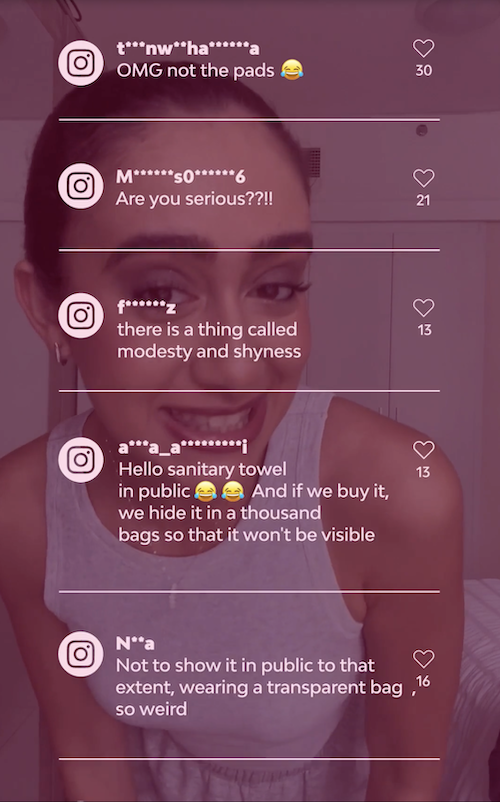
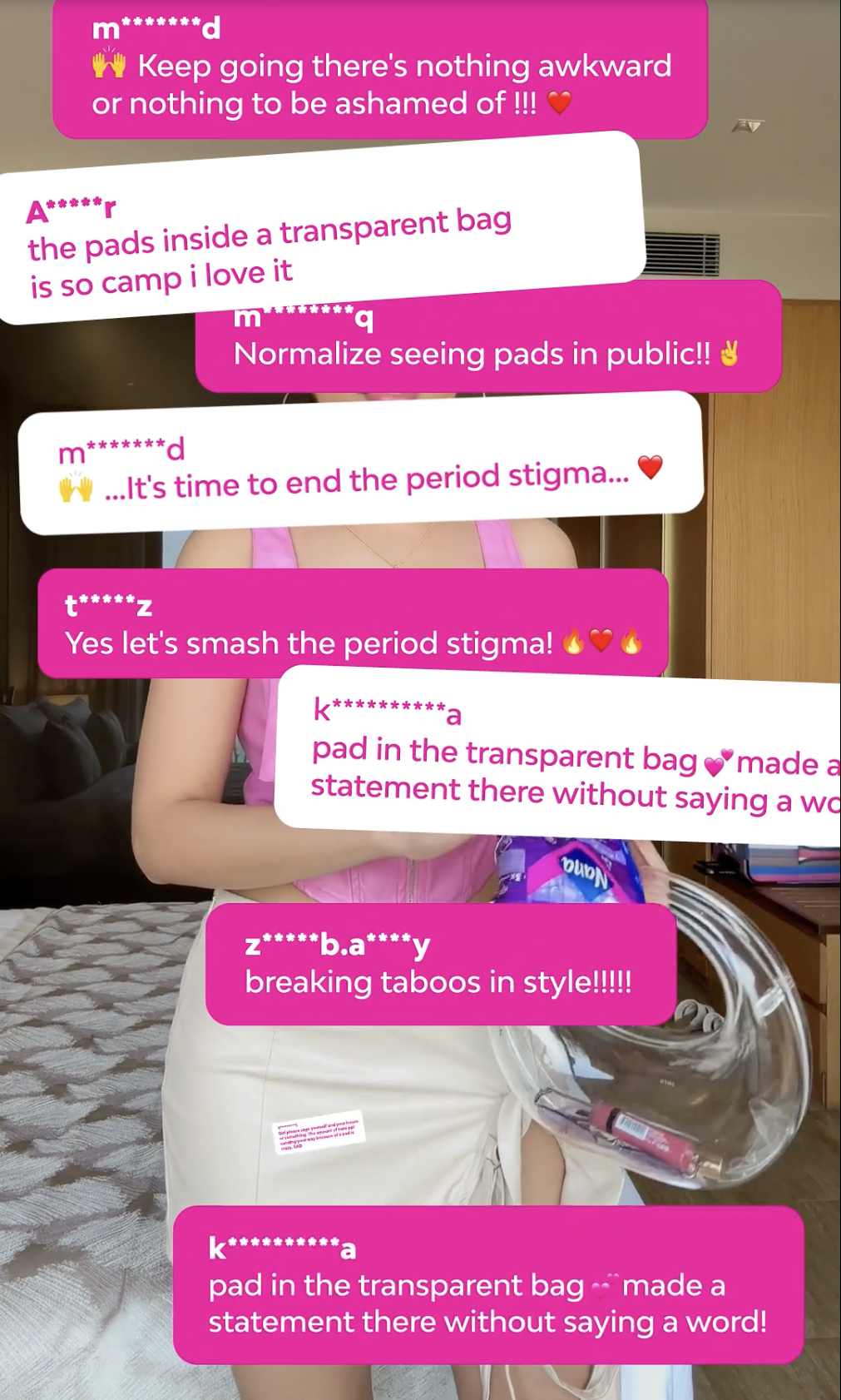
Credits:
Client: Essity (Nana)
Marketing Manager MEA: Michele Karaa
Brand Manager MEA: Romy Abou Tayeh
Creative Agency: Saatchi & Saatchi Middle East
Head of Agency: Ramzi Sleiman
Chief Creative Officer: Sebastien Boutebel
Chief Strategy Officer: Tahaab Rais
Executive Creative Director: Gautam Wadher
Senior Creative Director: Bruno Barbosa
Associate Creative Directors: Fady Rofaeel, Siddharth Joglekar & Maya El Kai
Senior Art Director: Juliana Arboleda
Senior Designer: Rana Yazbeck
Copywriters: Migle Semetaite & Zeina Shoujaa
Associate Director Strategy & Insights: Mongi Bhouri
Senior Executive Strategy & Insights: Fatima Talaat
Business Director: Karim El Kari
Associate Business Director: Hiam Baltaji
Communication Managers: Aya Abi-Saleh & Nathalie Hammoud
Business Director Content: Yousif Noureldin
Senior Content Creator: Ali Dekmak
Senior Content Manager: Shahla Manku
Content Executive: Gaia El Khazen
Head of Production: Shereen Mostafa
Senior Producer: Upasana Kumar
Creative Services: Sylvia Trinidade
Photographer: Adam Black
*Source: United Nations Population Fund, 28 May 2021. Algeria, Iraq, Egypt, Jordan, Kuwait, Lebanon, Morocco, Palestine, Yemen, Saudi Arabia, Sudan, Syria, Tunisia, the United Arab Emirates and Yemen.
** Global Sources: Wateraid, 2017. UWA research, 2022. United Nations, 2022

